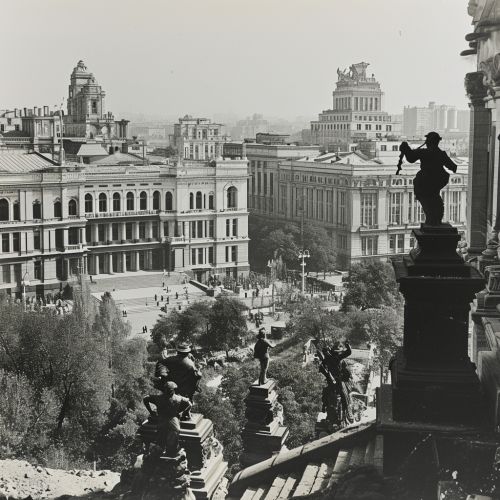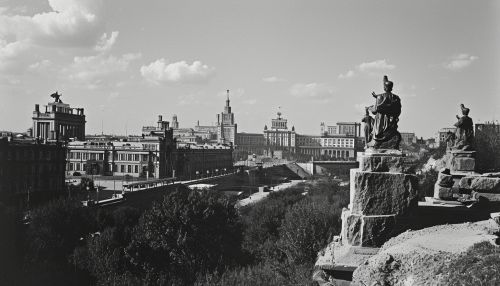Censorship in the Soviet Union
Historical Overview
The Soviet Union, officially known as the Union of Soviet Socialist Republics (USSR), was a federal socialist state in Northern Eurasia that existed from 1922 to 1991. Throughout its existence, the USSR maintained a policy of strict censorship, controlling and regulating the dissemination of information and ideas within its borders.


Censorship Under Lenin (1917-1924)
The roots of censorship in the Soviet Union can be traced back to the October Revolution of 1917, led by Vladimir Lenin. Lenin viewed censorship as a necessary tool for the Bolsheviks to maintain control over the state and suppress opposition. In 1917, the Bolsheviks established the All-Russian Extraordinary Commission for Combating Counter-Revolution and Sabotage, also known as the Cheka, which served as the Soviet state's security organization and secret police.
Censorship Under Stalin (1924-1953)
Following Lenin's death in 1924, Joseph Stalin rose to power and further tightened the state's control over information. Stalin's regime was characterized by a culture of extreme secrecy and widespread censorship. The Great Purge, a campaign of political repression from 1936 to 1938, led to the execution and imprisonment of many Soviet citizens, and the censorship of any material deemed counter-revolutionary or anti-Soviet.
Censorship Under Khrushchev (1953-1964)
After Stalin's death in 1953, Nikita Khrushchev assumed leadership of the Soviet Union. Khrushchev's tenure saw a slight relaxation in censorship, known as the Khrushchev Thaw. Despite this, censorship remained a key feature of Soviet society, with the state maintaining control over media outlets and suppressing dissenting voices.
Censorship Under Brezhnev (1964-1982)
Leonid Brezhnev's era, known as the Era of Stagnation, saw a return to stricter censorship policies. The state continued to control and manipulate information, with a particular focus on suppressing any form of political dissent. This period also saw the rise of Samizdat, a form of dissident activity across the Soviet bloc in which individuals reproduced censored publications by hand and passed the documents from reader to reader.
Censorship Under Gorbachev (1985-1991)
The final years of the Soviet Union under Mikhail Gorbachev saw significant changes in censorship policy. Gorbachev's policies of Glasnost (openness) and Perestroika (restructuring) led to an unprecedented relaxation of censorship. Despite this, the state continued to exercise control over the media and publishing industry, and certain topics remained off-limits.
Impact and Legacy of Censorship in the Soviet Union
The impact of censorship in the Soviet Union was far-reaching, affecting all aspects of Soviet life. It shaped the information environment, stifled creativity, and suppressed dissent. The legacy of Soviet censorship continues to influence modern-day Russia, with the state maintaining significant control over the media and information.
